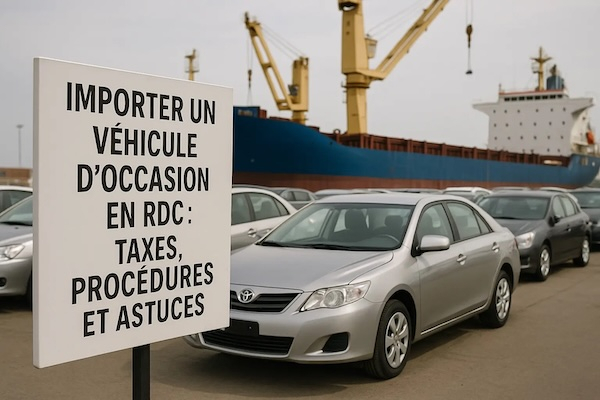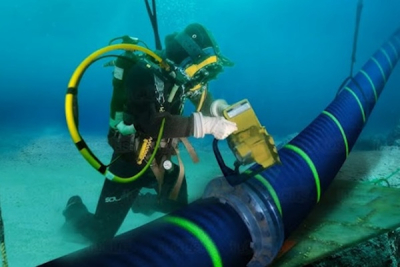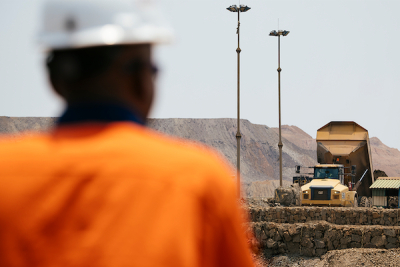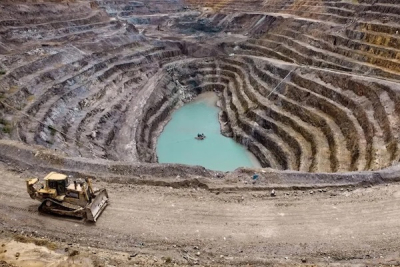The Democratic Republic of Congo (DRC) adopted a draft decree to regulate the importation of used vehicles during a Council of Ministers meeting on September 26, 2025.
While the precise content of the text was not released, the government stated the decree aims to "fundamentally reform the regulation related to the importation of used vehicles" to ensure road safety, protect the environment, and improve the quality of the national vehicle fleet.
The move signals a likely tightening of import conditions. The government argues that the national vehicle fleet is "mostly composed of dilapidated imported vehicles," a situation it calls "an aggravating factor in traffic accidents and environmental pollution, thereby compromising road safety, public health, and the quality of life."
This policy shift reverses an April 2017 decree that had raised the maximum allowable age for imported vehicles from 10 to 20 years, while maintaining the requirement for technical inspections by an accredited center. That previous relaxation of the 2012 law was intended to facilitate market access for used vehicles, meet demand from the transport industry, and account for the purchasing power of households.
Almost a decade later, the government is moving to overhaul the policy, viewing it as a cause of traffic accidents and environmental degradation. The new decree aligns with the DRC's National Road Safety Plan (PNSR) and the executive branch's desire to reduce vehicle imports by promoting local assembly.
The Directorate General of Customs and Excise (DGDA) estimated the value of used vehicles imported in 2024 at $587.7 million USD, with projected customs revenue of $65 million USD. These figures underscore the dominance of used vehicles in the Congolese automotive fleet.
Boaz Kabeya










